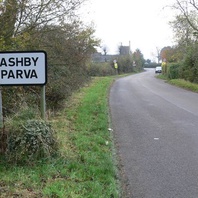
Viking Names
Ashby Parva
Ashby Parva, in the Guthlaxton Hundred of Leicestershire, is an Anglo-Scandinavian hybrid from Old English æsc ‘ash-tree’ and Old Norse by ‘a farmstead, a village’. There may have also been possible influence on the first element from Old Norse eski ‘a place growing with ash-tree’ or Old English esce ‘a stand of ash-trees’. Affixes such as the Medieval Latin parva ‘small’ and Middle English litel ‘little’ were variously added to different forms of the name to avoid confusion with nearby Ashby Magna.
Read More
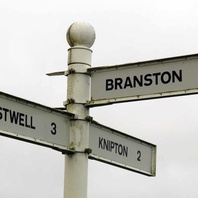
Viking Names
Knipton
Knipton, in the Framland Hundred of Leicestershire, is a Anglo-Scandinavian hybrid from Old Norse gnípa ‘a steep rock or peak’ and Old English tun ‘an enclosure; a farmstead; a village; an estate’. The name is topographically appropriate as the village lies in a narrow valley with hills rising steeply on each side. Pagan Anglian burials here suggest an earlier Old English place-name that was replaced with Scandinavian settlement.
Read More
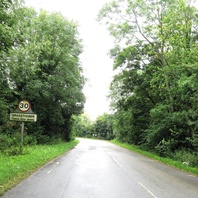
Viking Names
Grassthorpe
Grassthorpe in the Thurgarton Wapentake of Nottinghamshire is an Old Norse compound from gres ‘grass’ (which could also be Old English) and þorp ‘a secondary settlement, a dependent outlying farmstead or hamlet’.
Read More
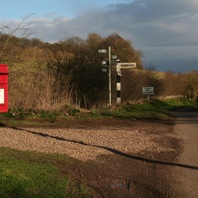
Viking Names
Skendleby
Skendleby, in the South Riding of Lindsey of Lincolnshire, is a name of uncertain origin. The first element is obscure, but is perhaps scenehelde ‘beautiful slope’ from Old English scene ‘bright, beautiful’ and helde ‘slope’. The second element of the place-name is Old Norse by ‘a farmstead, a village’.
Read More
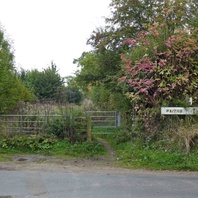
Viking Names
Waithe
Waithe, in the Haverstoe Wapentake of Lincolnshire, is thought to be originally derived from Old English (ge)wæd ‘a ford’. By the later twelfth century, the -d- was replaced by -th- either because of the Scandinavianization of the pronunciation, or by the replacement of (ge)wæd with its Old Norse cognate vað ‘a ford’. In both cases the meaning of the name is ‘at the ford’, which must be over Waithe Beck, where a minor road crosses the stream half a mile east of the church.
Read More

Viking Names
Sookholme
Sookholme, in the Bassetlaw Wapentake of Nottinghamshire, lies in a river valley and the etymology of the name reflects its location. The first element is Old English sulh ‘a plough; a ploughland (i.e. the amount of land which can be cultivated with one plough)’ which is combined with the second element, Old Norse holmr ‘an island, an inland promontory, raised ground in marsh, a river-meadow’. Thus it is a hybrid name with the probable meaning of ‘gully island’.
Read More

Viking Names
Dalby
Dalby, in the South Riding of Lindsey in Lincolnshire, comes from the Old Norse element dalr ‘a valley’ and Old Norse bý ‘a farmstead, village’. Thus the meaning of the place-name is ‘a farmstead, village of the small valley’, which is topographically appropriate.
Read More
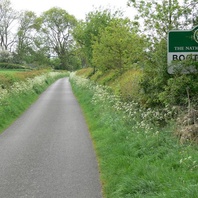
Viking Names
Boothorpe
Boothorpe, in the West Goscote Hundred of Leicestershire, probably comes from the Old Danish male personal name Bo (Old Norse Búi) and the Old Norse element þorp ‘outlying farm, settlement’. Alternatively, the first element of the place-name could be Old English boga or Old Norse bogi ‘bow’ which would be topographically appropriate because the settlement lies on a curving hilltop.
